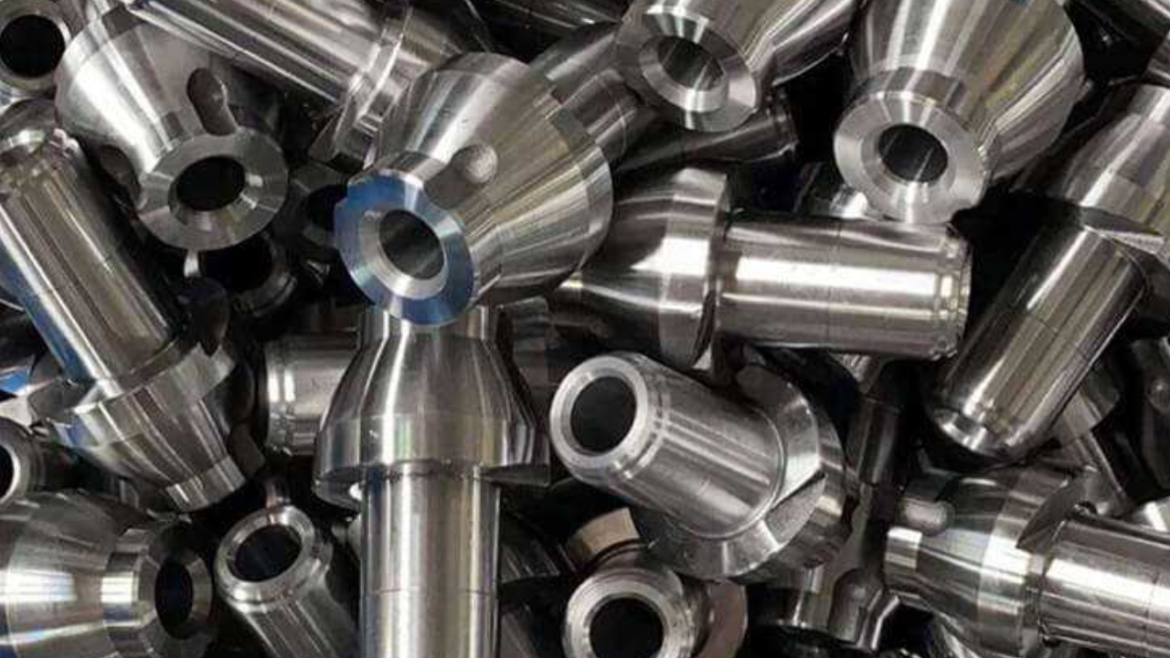Advancements in road milling teeth technology have revolutionized the road construction and maintenance industry, offering improved efficiency, performance, and cost-effectiveness. Road milling teeth are crucial components of road milling machines, responsible for removing the top layer of asphalt or concrete to create a smooth and even surface.
Over the years, continuous research and development in this field have led to the introduction of innovative designs, materials, and manufacturing techniques. In this article, we will explore the latest advancements in road milling teeth technology from https://www.jyfmachinery.com/road-milling-teeth-for-asphalt-and-concrete/ and how they are contributing to the efficiency and performance of road construction and maintenance.
High-Quality Materials
One of the significant advancements in road milling teeth technology is the use of high-quality materials. Traditional road milling teeth were often made of standard carbide tips, which had limited durability and wear resistance.
However, modern road milling teeth for asphalt and concrete are now manufactured using premium-grade tungsten carbide materials, which offer exceptional hardness and toughness. The use of high-quality materials has significantly improved the lifespan of road milling teeth, reducing the frequency of replacements and increasing overall cost-effectiveness.
Advanced Tooth Designs
Innovative tooth designs have also played a vital role in improving the efficiency and performance of road milling machines. Traditional road milling teeth featured straight-line designs, which were effective for basic milling tasks but had limitations when it came to tackling complex surfaces and pavement conditions.
Advanced tooth designs, such as conical teeth and radial teeth, have been introduced to enhance the cutting efficiency and productivity of road milling machines. These designs allow for more efficient material removal and smoother milling operations, resulting in higher productivity and reduced project timelines.
Dual-Purpose Teeth
Another significant advancement in road milling teeth technology is the development of dual-purpose teeth. These teeth are designed to perform both milling and grinding operations, eliminating the need for separate machines and reducing project costs.
Dual-purpose teeth are equipped with specialized cutting surfaces that can efficiently remove material during milling tasks and provide a fine grinding finish when required. This versatility has made road milling machines more adaptable to a wide range of applications, from basic road repairs to more intricate pavement rehabilitation projects.
Wear-Resistant Coatings
Wear-resistant coatings have become increasingly prevalent in modern road-milling teeth technology. These coatings are applied to the cutting surfaces of the teeth to enhance their wear resistance and prolong their lifespan.
Some common wear-resistant coatings include tungsten carbide inserts and diamond-enhanced surfaces. These coatings provide additional protection against abrasive materials and high-impact forces, ensuring that road milling teeth for asphalt and concrete maintain their cutting performance even under demanding working conditions.
Intelligent Systems and Automation
Advancements in technology have also paved the way for intelligent systems and automation in road-milling machines. Many modern road milling machines are equipped with advanced sensors, cameras, and computer systems that can analyze road conditions in real time and adjust the milling parameters accordingly.
This intelligent automation allows road milling machines to optimize their performance, adjust cutting depths, and adapt to varying pavement conditions automatically. As a result, road milling operations have become more precise, efficient, and environmentally friendly.
Environmentally Friendly Solutions
Environmental concerns have also influenced advancements in road-milling teeth technology. Manufacturers are now focusing on developing environmentally friendly solutions that reduce the environmental impact of road milling operations.
For example, some road milling teeth for asphalt and concrete are designed to produce less noise and dust during the milling process, minimizing disturbances to nearby residents and workers. Additionally, the use of recycled materials and eco-friendly manufacturing processes is becoming more common in the production of road milling teeth.
Ending Remarks
Advancements in road milling teeth technology have significantly improved the efficiency and performance of road construction and maintenance. High-quality materials, advanced tooth designs, dual-purpose teeth, wear-resistant coatings, intelligent systems, and environmentally friendly solutions are among the key innovations that have shaped the road milling industry.

